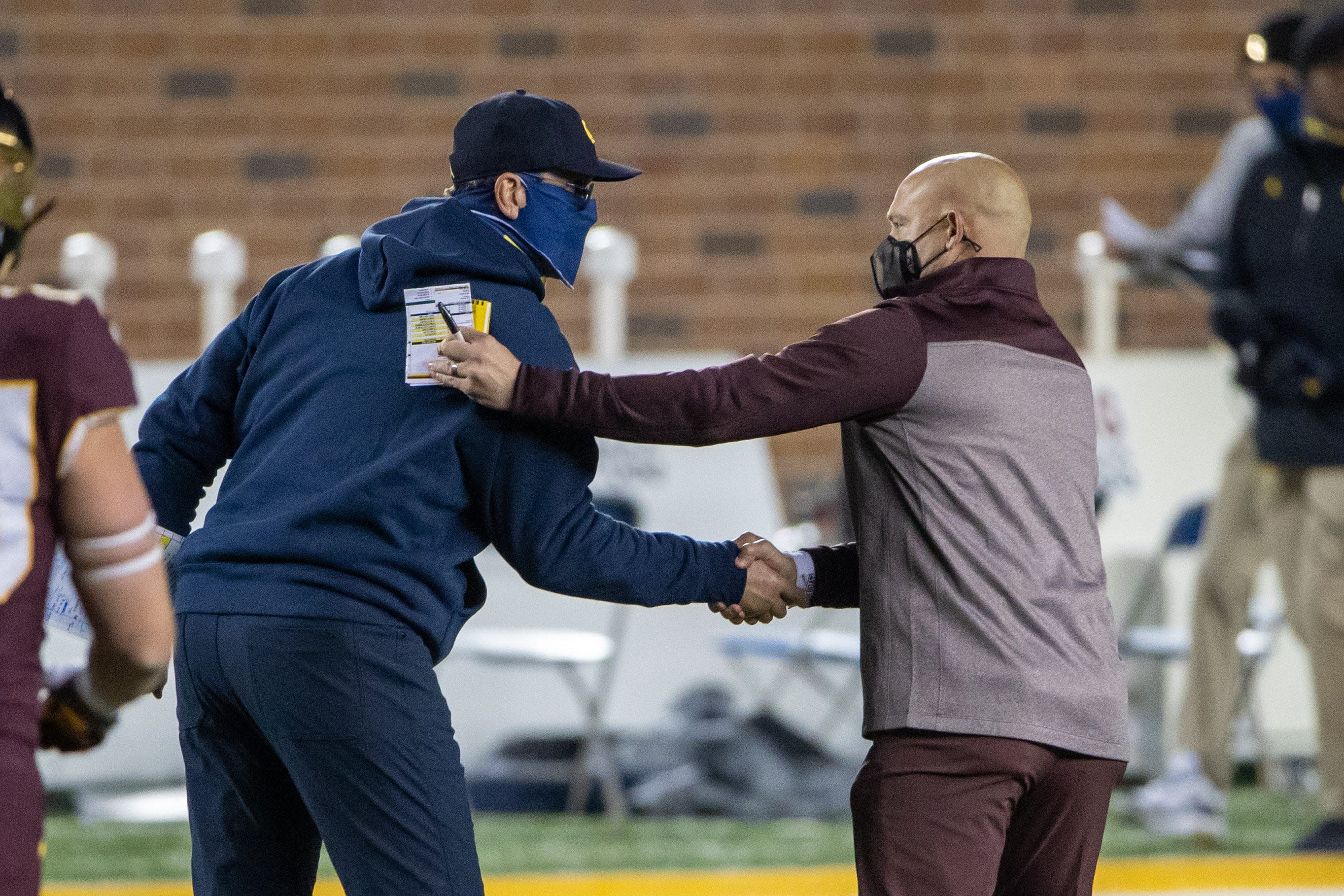At a rally in Pennsylvania recently, Donald Trump beseeched the voting bloc he’s most afraid of losing. “Suburban women, will you please like me?” he said. “I saved your damn neighborhood.” Picture the endangered suburbs in Trump’s mind: homogeneous and as white as the milk you dip your after-school snickerdoodle in. The mothers, home. The fathers, not. You’re seeing Cherry Hill, New Jersey, circa 1966, when Jona Frank was born. Frank is a photographer, based in Santa Monica, who has taken pictures of skaters, boxers, rodeo kids, and evangelical youth. This fall, Monacelli Press will publish “Cherry Hill,” a book of autobiographical essays and photographs by Frank that re-create a girlhood spent waiting all day for the mailman.
“There was this feeling of Nothing happened here,” she said. “I wanted to show the inside of suburbia. Everyone has their trash cans lined up outside, but what’s really going on inside?”
Frank’s mother, a homemaker who hid her depression, prescribed rigid Catholicism and strict gender roles, insisting on Holly Hobbie wallpaper in her daughter’s room and baking impeccable pies. To play her mother in the photos, Frank cast her best mom friend, Laura Dern. The other day, Frank and Dern sat six feet apart in Dern’s living room, and talked over Zoom with a reporter a few miles away. Dern had on a striped sweater and black-framed glasses; one hand rested on Baby, a husky rescue who had just had surgery. Frank, who has sharp brown eyes, wore a pink gingham mask. She had brought a plate of Mexican-wedding cookies. “Let’s be clear: when Jona bakes, Laura shows up,” Dern said. “And when Laura’s on location she may text Jona and say, ‘Can you please drop cookies to Ellery?’ ” Ellery, Dern’s son, is nineteen, and is best friends with Frank’s son, Lucien.
“I have been away, working,” Dern said. (Her next movie is “Jurassic World: Dominion.” Frank’s husband is the cinematographer and second-unit director.) “The last time we saw each other . . .”
“We did one really weird 7 A.M. Whole Foods run at the start of quarantine,” Frank said. “And we did a couple of drop-offs. I did give Laura a Zoom lesson about making a cobbler.”
“I’m rocking that cobbler now,” Dern said.
In the book, Frank documents her family’s quiet implosion: her mother, deteriorating, would silently retreat to her room, in a pink robe, and emerge, pockets full of Kleenex; her beloved older brother, who hid his sexuality, had a psychotic breakdown. Frank grew to fear the telephone—heavy, black, wall-mounted—which always seemed to ring with catastrophic news. In one image, an actress playing Frank as a teen-ager, wearing white Stan Smiths and rolled red jeans, has a black phone attached to her back, like baggage.
Talking about mothering their own kids through the tender passages of adolescence, Dern and Frank traded memories. “If we’re trying to be authentic and present in our failings and our efforts as parents, the story of our own childhood comes up,” Dern said. She was raised in Hollywood. Her parents, Bruce Dern and Diane Ladd, are actors.
“This is a very different childhood from yours,” Frank said. “I didn’t grow up going to Martin Scorsese’s set, eating ice cream with my mom.”
Frank, who in the past has used a four-by-five camera, shot the book using an anamorphic lens designed for filmmaking. The detail is exquisite, sometimes excruciating: the bleeding edge of peeled apple skin as the mother, her face tight, makes yet another pie. Physically, Dern, who is lanky and blond, doesn’t resemble Frank’s mother. Still, “she was my mother,” Frank said. She turned to Dern: “The last image in the book, how you purse your lips, that’s my mother, and it still haunts me.”
Dern has been on a streak of playing mothers: Renata Klein, a protective mom and Silicon Valley executive in “Big Little Lies”; a divorce-attorney power mom in Noah Baumbach’s “Marriage Story”; Marmee, in Greta Gerwig’s “Little Women.” “I’m reëvaluating the many faces of motherhood,” she said, and recounted how a journalist asked her, “Why do you think you’re playing these powerful-in-business moms suddenly?” “I’m, like, Because until about four years ago, there weren’t any of these roles!” Making “Cherry Hill,” she said, reminded her of her film “Blue Velvet”: “These things that seem perfect, everything should feel great, but nothing is fun.”
“That was the confusion—suburbia provided safety and comfort to me, but it was also killing my spirit,” Frank said. “To my mother, that world was enough. To me, it was, like, No, this is very repetitive, very stifling, and I have to get out of that box.” Frank’s parents never left New Jersey. Her mother, who is ninety-two, lives an hour away from Cherry Hill. The book is a record of Frank’s escape.
Dern was thinking about Ellery, who had just left home for New York, where he is a freshman at Parsons. “I’ve got to put the cobbler recipe in Ellery’s cookbook for college,” she said. ♦












